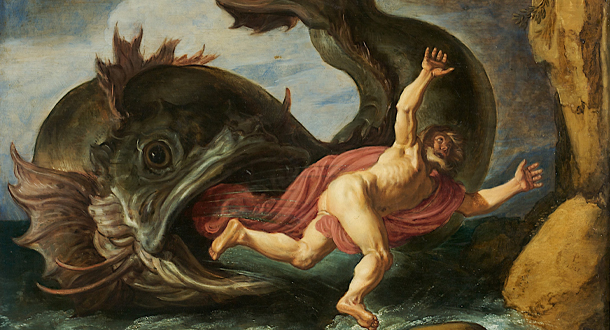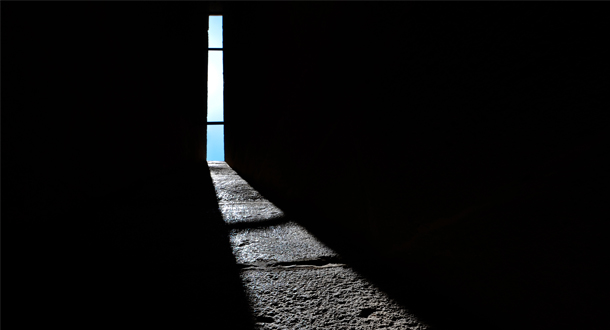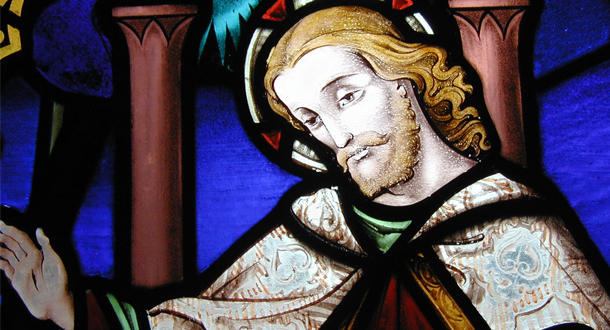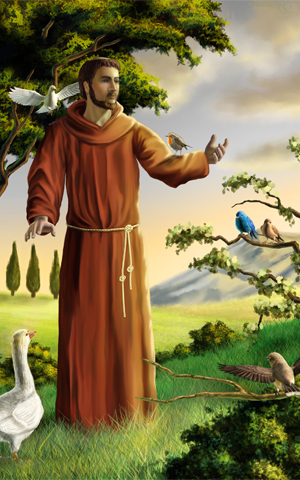 Scripture:
Scripture:
Reflection:
I grew up believing that the purpose of prayer was to change God’s mind. If I wanted something, I had to be so convinced about why it made sense for God to give it to me and so persistent in asking that I would wear God down or make God realize my argument was irrefutable. If I could do that, I would get it. In other words, God was a kind of Santa Claus – holding the bag of toys and giving them out to those deemed worthy, denying them to others, and able to be persuaded by someone who made a good case for themselves.
As I’ve matured as a person and in my faith, I find that even though the Santa view remains amazingly prominent in Catholicism, I no longer believe it. I do not believe we pray in order to change God’s mind about anything. God always wants what is good for me and never withholds offering it freely. Instead, I pray to change me. I pray in order to allow God to work in me and transform me. I pray to be freed from unhealthy desires, to recognize God’s will and workings in my life, and to be soft and receptive enough to accept what God is trying so hard to give.
Jesus does teach persistence in prayer and says that those who ask will receive. But notice what he says they will get. He says that even more than a father would give his son good things, so much more will God give the Holy Spirit to those who ask. He does not say God will give wealth, physical healing, a sports team win, or whatever the petitioner requests. That’s a very different premise.
So I’ve realized that God will never give me everything I want. (Darn it!) Instead, God will give me everything I need. God will give me patience, strength, peace, wisdom, knowledge, sensitivity, perseverance, faith, and more. God will give me the Holy Spirit. When I open myself to pray and allow God to work, God molds me into a better person. In fact, I often end up surrendering whatever I was so certain I wanted, because God knows what is best anyway, and I can trust that.
Remember, Jesus certainly didn’t have everything that someone in his day would want. But he had the Spirit of God alive within him, and every time he prayed, he deepened in relationship to the Abba God who loved him and sustained him. That is what allowed him to be effective, healing, strong, and prophetic. That is what gave him what he needed to endure suffering, betrayal and death.
That is what prayer is all about. It is not a laundry list of “give-me” requests. It is a deepening in relationship so that I can become ever more like Christ. When I ask for that, I will most surely receive.
Amy Florian is a teacher and consultant working in Chicago. For many years she has partnered with the Passionists. Visit Amy’s website: http://www.corgenius.com/.

 Scripture:
Scripture: Scripture:
Scripture: Scripture:
Scripture: Scripture:
Scripture: Scripture:
Scripture: